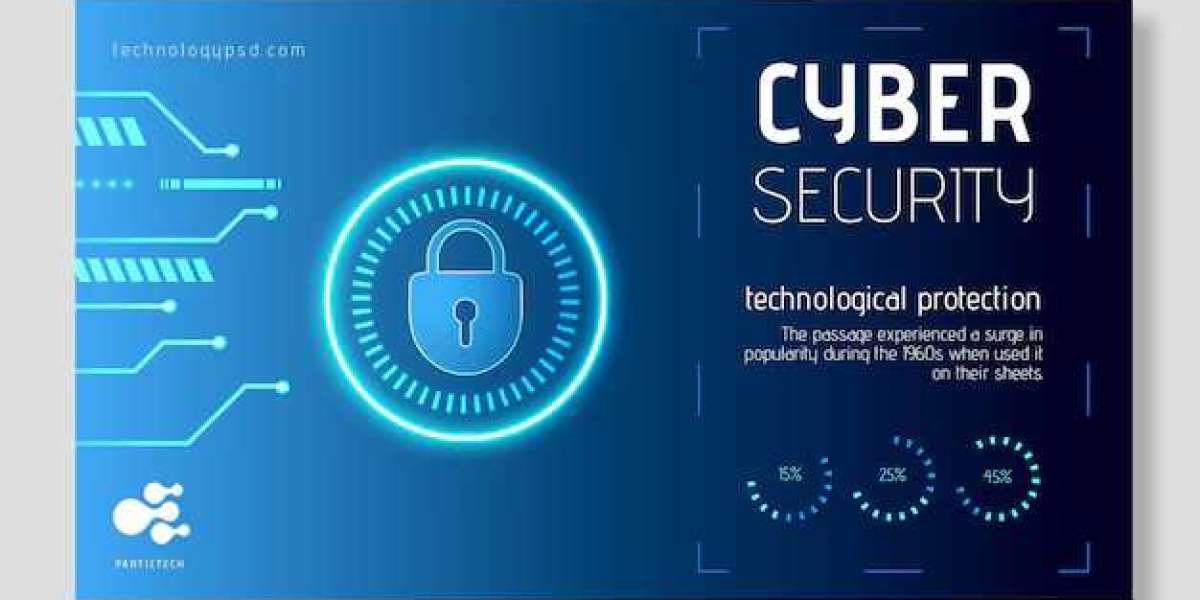With the rapid rise of mobile applications in every aspect of daily life, security has become paramount. Mobile apps handle sensitive user data, financial information, and often serve as entry points to a business’s core infrastructure, making them prime targets for cybercriminals. Mobile application security training is, therefore, crucial for both developers and security professionals, equipping them with the skills needed to build and maintain secure applications. In this article, we’ll explore why mobile application security is vital and the benefits of security training, with a spotlight on 8kSec, a provider of industry-leading mobile application security training.
The Importance of Mobile Application Security
With millions of apps available across various platforms, mobile applications are the backbone of the modern digital world. However, their popularity has also made them a preferred target for hackers, who exploit security weaknesses to access data, intercept communications, and deploy malicious software. Here are some key reasons why mobile application security is essential:
- Protection of Sensitive Data
Mobile applications, particularly in sectors like finance, healthcare, and e-commerce, store vast amounts of personal information. A security breach could expose user data such as names, addresses, payment details, and even medical records. Strong mobile security practices ensure that this sensitive data is encrypted, stored securely, and only accessible by authorised users.
- Prevention of Financial Loss
Cyber-attacks can lead to significant financial losses for both users and businesses. Attackers can gain unauthorised access to payment systems, initiate fraudulent transactions, or steal banking credentials. For businesses, a data breach can result in financial penalties, legal issues, and reputational damage. Securing mobile applications helps to prevent such costly breaches.
- Preservation of Brand Reputation
A security incident can harm a brand’s reputation, leading to a loss of trust among users. Customers are likely to abandon applications or services that have a history of data breaches, especially when alternatives are readily available. By prioritising security, companies can build and maintain user trust, ensuring long-term customer loyalty.
- Compliance with Regulatory Standards
Data protection regulations, such as GDPR, HIPAA, and CCPA, require businesses to secure user data and maintain user privacy. Failing to comply with these regulations due to a security lapse can lead to hefty fines and legal consequences. Mobile application security ensures that businesses meet regulatory requirements, avoiding penalties and maintaining compliance.
- Mitigation of Advanced Threats
The mobile threat landscape is constantly evolving, with new vulnerabilities emerging frequently. Hackers are becoming more sophisticated, using techniques like reverse engineering, code injection, and malware distribution to compromise applications. Security training helps developers understand these threats and implement safeguards, such as secure coding practices, obfuscation, and multi-factor authentication, to mitigate risks effectively.
The Core Components of Mobile Application Security Training
Mobile application security training is designed to provide developers, testers, and security professionals with the knowledge and skills to build secure applications. Here are the primary components covered in a comprehensive security training program:
- Threat Modelling – Training starts with threat modelling, a process to identify potential security threats in an application. Understanding the types of attacks an app may face allows developers to design security measures proactively.
- Secure Coding Practices – This includes training on best practices in coding to prevent vulnerabilities such as SQL injection, cross-site scripting (XSS), and buffer overflow attacks. Secure coding ensures that the app's code is resilient against most common threats.
- Data Encryption and Privacy – Encryption is vital for protecting user data. Training covers techniques like SSL/TLS for secure data transmission and best practices for data storage to safeguard sensitive information.
- Authentication and Authorisation – Training focuses on implementing robust authentication methods, such as biometrics and two-factor authentication, to prevent unauthorised access. It also covers user roles and permissions to control access within the app.
- Penetration Testing – Penetration testing, or ethical hacking, involves simulating attacks on an application to identify vulnerabilities. Training often includes hands-on sessions where participants learn how to perform penetration tests and interpret results to strengthen app security.
- Incident Response – In the event of a security incident, a prompt response is crucial. Training includes best practices for incident response, ensuring that businesses can quickly address and mitigate any security breaches.
Benefits of Mobile Application Security Training
For both businesses and individuals, mobile application security training offers numerous benefits:
- Enhanced Security – Training helps businesses build applications that are more resistant to attacks, reducing the risk of data breaches.
- Improved User Trust – When users know that an app is secure, they’re more likely to use it confidently and recommend it to others.
- Competitive Advantage – Companies that prioritise security gain a competitive edge, as security-conscious customers increasingly favour trustworthy apps.
- Career Opportunities – For individuals, mobile security skills are highly valued in the job market, creating opportunities for career growth and advancement.
8kSec: Leading Provider of Mobile Application Security Training
8kSec is a premier provider of mobile application security training, offering tailored programs that cater to the unique needs of developers and security professionals. Their training programs are designed to provide hands-on, practical knowledge that can be applied immediately in real-world scenarios. With expertise spanning mobile security, IoT exploitation, and vulnerability assessment, 8kSec equips trainees with the skills needed to address the latest security challenges in the mobile landscape.
Participants in 8kSec’s training courses learn to identify vulnerabilities, apply secure coding techniques, and perform advanced penetration testing. By focusing on practical, skill-based learning, 8kSec’s courses empower individuals to enhance app security effectively. Their courses also include certification options, allowing participants to validate their skills and establish credibility in the field of mobile security. Whether you’re a developer looking to enhance your skillset or a security professional aiming to deepen your expertise, 8kSec provides an in-depth, industry-aligned approach to mobile application security.
Conclusion
As mobile applications continue to dominate the digital landscape, ensuring their security is more critical than ever. For businesses, prioritising mobile application security not only safeguards sensitive data but also builds user trust and protects brand reputation. For professionals, acquiring mobile security skills opens doors to rewarding career opportunities in a growing field.
Mobile application security training equips individuals with the knowledge and tools to prevent cyber threats, make apps more resilient, and foster a secure digital environment. Training providers like 8kSec play a crucial role in developing these essential skills, offering robust, hands-on programs that meet the needs of today’s dynamic security landscape. By investing in mobile application security training, businesses and professionals alike contribute to a safer, more secure digital future.

